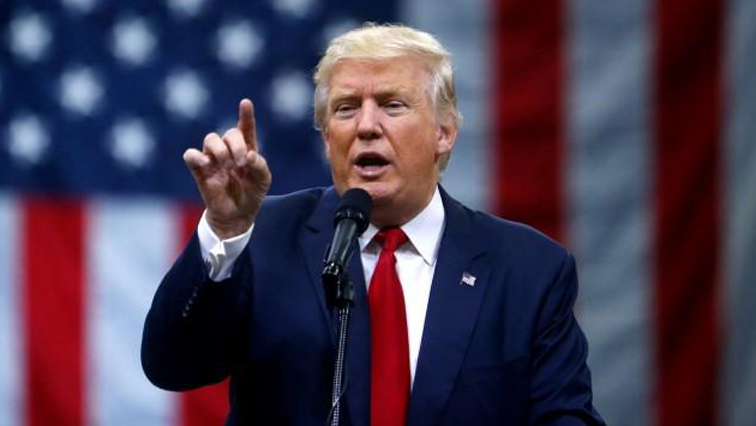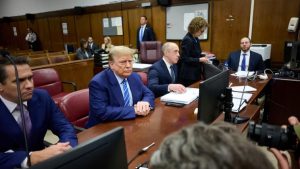President Donald Trump and his Republican Party are in a party mood as they prepare to enact the most sweeping tax cuts in three decades but analysts warn the country may wake up to a hangover.
The centerpiece of the $1.5 trillion legislation is a series of deep cuts for businesses that Republican leaders say will spur productivity and job creation and nudge an already humming US economy even higher.
“Enjoy and create many beautiful JOBS!” Trump tweeted Tuesday, hours before the House approved the package, bringing his administration to the cusp of its first policy triumph in Congress. The measure now heads to the Senate for a decisive vote expected late in the night.
But if history is any guide, some economists say, fiscal realities could soon force the tax plan’s proponents to eat their words.
In past decades, policymakers have reversed major cuts as deficits ballooned and economic windfalls failed to materialize.
The Trump administration estimates the cuts will pay for themselves with tax revenues rising as the economy grows, a hotly contested analysis, of which polls show the public remains skeptical.
Yet even outside economists who support the Republican plan do not claim its gains will balance out its costs.
“It won’t pay for itself but it would be worth the cost,” Glenn Hubbard, a former chief White House economist under president George W. Bush, told AFP.
Hubbard was one of nine Republican economists whose views were touted by Treasury Secretary Steven Mnuchin, in advancing the claim that the plan would increase GDP growth by 0.3% a year over a decade. This faced sharp pushback from Democratic economists, including former treasury secretary Larry Summers.
Major tax cuts enacted in 1981 and again in 2001-2003 ultimately suffered U-turns as policymakers faced a worsening fiscal outlook and politically unpalatable spending cuts.
In 1981, president Ronald Reagan’s administration oversaw steep tax cuts, including capital investment write-offs for companies, but agreed to reverse some of these the very next year, unnerved by shrinking tax receipts.
Still, deficits continued to balloon during the 1980s, with federal debt rising more than 60% to $2.6 trillion between 1981 and 1988 switching the United States from the world’s largest international lender to its biggest debtor.
Nevertheless, that year presidential candidate George H.W. Bush uttered six fateful words he quickly came regret: “Read my lips: no new taxes.”





